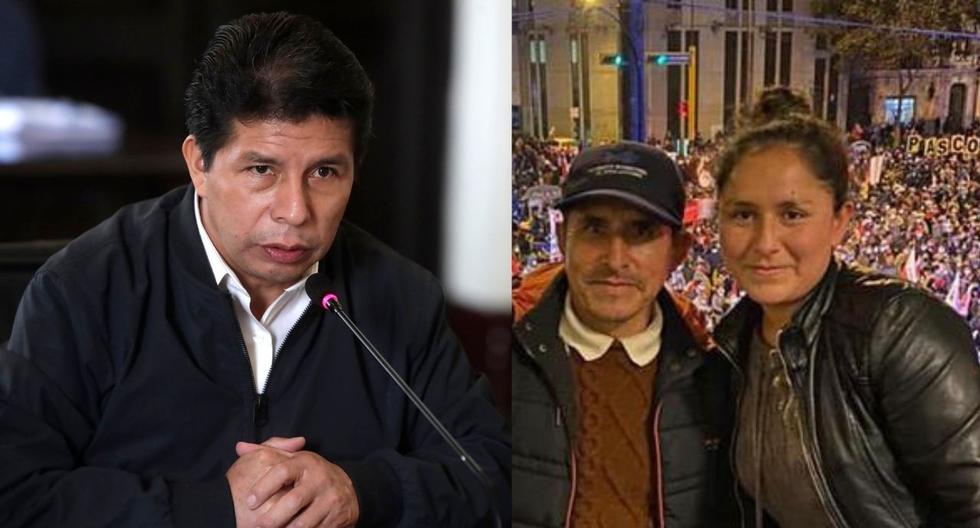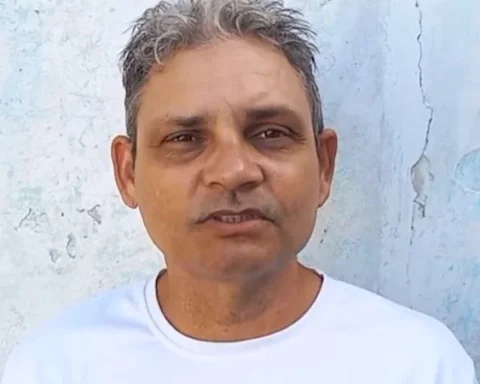The so-called Declaration for the Future of the Internet (DFI) seeks to recover “the immense promise” of the Internet, rejecting the “rise of digital authoritarianism” to ensure that it strengthens democracy, protects privacy and promotes a free world economy, the White House said. .
This goal is increasingly threatened by governments that stifle freedom of expression and access to news, spread misinformation or shut down the internet, the statement said.
In recent months, since Russia’s invasion of Ukraine, Moscow “has aggressively promoted disinformation at home and abroad, censored internet news sources, blocked or shut down legitimate sites, and even went so far as to attack internet infrastructure in Ukraine,” a senior Joe Biden administration official told reporters.
“Russia, however, is not alone,” the official said, also citing China.
Among the 60 countries that support this initiative are advanced nations, such as Germany, Australia, Canada, France, Japan and the United Kingdom, and others in development, such as Cyprus, Kenya and Montenegro, as well as Ukraine. In Latin America, the text was signed by Argentina, Colombia, Costa Rica, Peru, the Dominican Republic and Uruguay.
While not legally binding, the declaration sets out “fundamental principles” and “commits governments to promoting an open, free, global, interoperable, reliable and secure internet for the world,” another senior Biden administration official noted.
The effort aims to combat internet fragmentation, but “will respect the regulatory autonomy” of each country, the official said.
The declaration also reaffirms the commitment to a single global internet and points to the need to ensure affordable access for underserved groups.

















